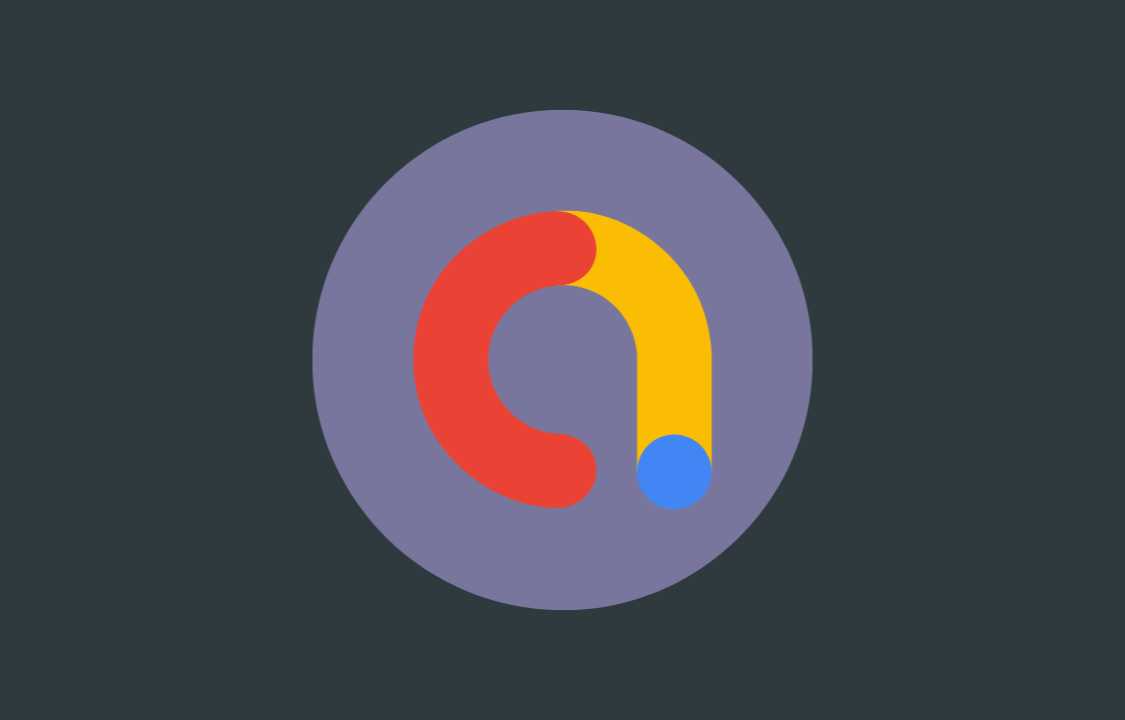Learning About Google’s New Extended Deadline for Real-Time Bidding

by local
In the ever-evolving landscape of digital advertising, real-time bidding (RTB) has become a cornerstone of programmatic advertising. It allows advertisers to bid on individual ad impressions in real-time, optimizing their ad spend and reaching their target audience with precision. Google, as one of the biggest players in the digital advertising industry, has continuously adapted to changes in the market, and one recent adaptation is the extension of the deadline for real-time bidding. In this article, we will delve into what this extended deadline means for advertisers, the reasons behind this move, and the potential impact on the digital advertising ecosystem.
What is Real-Time Bidding (RTB)?
Before we dive into Google’s extended deadline, it’s essential to have a solid grasp of real-time bidding and its role in digital advertising. RTB is a programmatic advertising method that enables advertisers to bid on individual ad impressions as they are presented to a user. These auctions take place in milliseconds, allowing advertisers to make real-time decisions on whether to display their ads based on various factors, including user data, website content, and previous interactions.
RTB has revolutionized digital advertising by making it more efficient and targeted. Advertisers can now reach their intended audience with precision, increasing the likelihood of conversions and maximizing their return on investment (ROI). This strategy is gaining popularity as a result of its low cost, efficiency, and potential for improved ad targeting based on massive data sets.
The Role of Google in RTB
Google has been a pivotal player in the RTB ecosystem, with its DoubleClick Bid Manager (now part of the Google Marketing Platform) serving as a leading demand-side platform (DSP). Advertisers have long relied on Google’s extensive reach and sophisticated ad buying capabilities to run their programmatic campaigns efficiently. Innovation and expansion in digital advertising can be attributed to the cooperation between marketers and Google.
Google’s Extended Deadline for Real-Time Bidding
In September 2021, Google announced a significant development in the RTB world by extending the deadline for real-time bidding. Prior to this announcement, Google, like other major ad tech platforms, relied on third-party cookies to track and target users. However, mounting concerns over user privacy and regulatory changes (such as GDPR and CCPA) prompted Google to take action.
The extended deadline for real-time bidding is closely tied to Google’s Privacy Sandbox initiative. This initiative aims to create a more private and secure web browsing experience for users while still allowing advertisers to reach their target audiences effectively. It seeks to replace third-party cookies with more privacy-conscious technologies and standards, such as Federated Learning of Cohorts (FLoC) and the Privacy-First web.
One of the key components of the Privacy Sandbox is the deprecation of third-party cookies in the Chrome browser. Initially, Google had planned to phase out third-party cookies entirely by 2022. However, the extended deadline provides advertisers with more time to adapt to this significant change. The revised timeline gives advertisers until late 2023 to transition to alternative targeting methods, ensuring a smoother and less disruptive transition.
Reasons Behind the Extended Deadline
Several factors contributed to Google’s decision to extend the deadline for real-time bidding:
- Privacy Concerns: Privacy has become a paramount concern for users, regulators, and industry stakeholders. The increased scrutiny on data collection and user tracking led to the need for more privacy-focused advertising solutions.
- Regulatory Pressure: Google, like other tech giants, faced regulatory pressure to comply with data protection laws such as GDPR and CCPA. Extending the deadline allows Google to align its practices with these regulations while maintaining its advertising services.
- Technical Challenges: Developing and implementing alternative tracking technologies like FLoC is a complex endeavor. Google required more time to ensure these technologies were both effective and privacy-compliant.
- Industry Adaptation: The digital advertising ecosystem is vast and intricate, involving numerous stakeholders. The extended deadline allows advertisers, publishers, and technology providers to adapt their systems and workflows to accommodate the changes brought about by the Privacy Sandbox.
- User Expectations: Users have become more aware of their privacy rights and are demanding greater control over their online data. Google’s commitment to user privacy aligns with evolving user expectations.
Impact on the Digital Advertising Ecosystem
Google’s extended deadline for real-time bidding has several noteworthy implications for the digital advertising ecosystem:
- Privacy-First Advertising: This move underscores the industry’s shift toward privacy-first advertising practices. Advertisers will need to embrace alternative targeting methods that respect user privacy, such as cohort-based targeting and contextual advertising.
- Adaptation Period: The extended timeline provides a grace period for advertisers and technology providers to develop and integrate privacy-compliant solutions into their advertising strategies.
- New Business Models: Ad tech companies may explore new business models and partnerships to thrive in a cookie-less world. Innovations in first-party data collection and sharing will likely become more prevalent.
- User Trust: Building and maintaining user trust will be critical for advertisers. Those who prioritize transparency and consent-based advertising will be better positioned for success in the post-cookie era.
- Data Collaboration: Advertisers may increasingly collaborate on data sharing initiatives to gain a better understanding of user behavior without compromising privacy.
- Impact on Publishers: Publishers, who rely on advertising revenue, will need to adapt to the changing landscape. Strategies such as contextual advertising and first-party data monetization will become essential.
Conclusion
Google’s extended deadline for real-time bidding represents a significant milestone in the ongoing evolution of digital advertising. It reflects a commitment to balancing user privacy with the needs of advertisers and the broader digital ecosystem. As the new deadline approaches, advertisers must prepare for a cookie-less future by embracing privacy-first advertising methods and exploring alternative strategies to reach their target audiences effectively. The digital advertising landscape is changing, and those who adapt and innovate will thrive in this new era of user-centric advertising.



